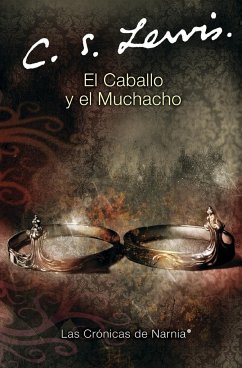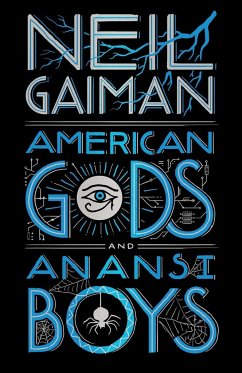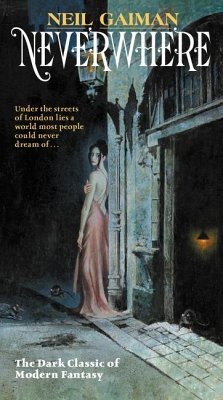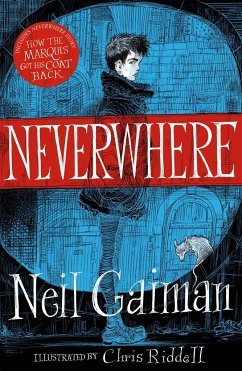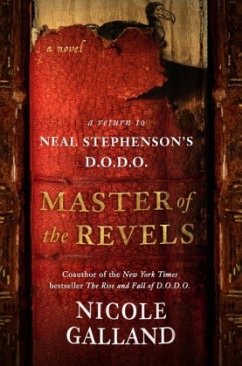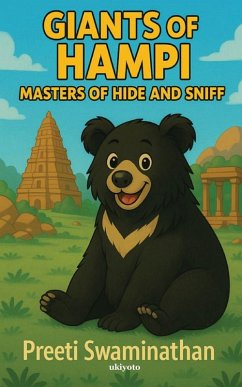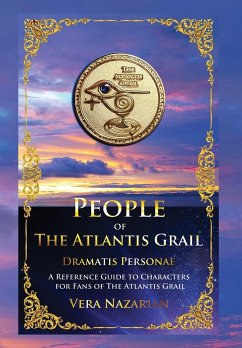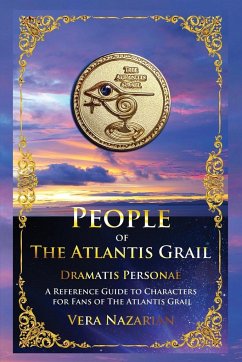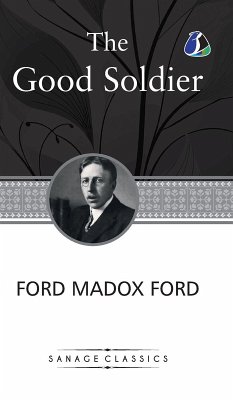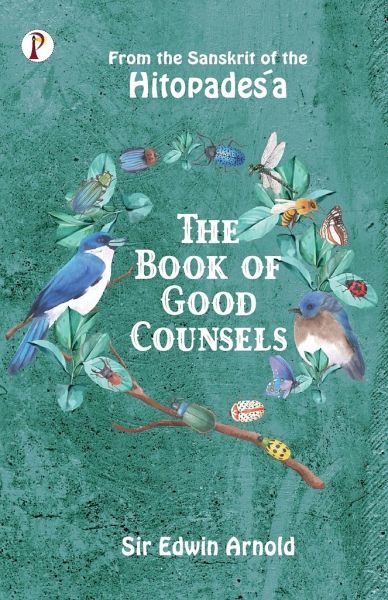
The Book of Good Counsels
From the Sanskrit of the Hitopade¿a
Versandkostenfrei!
Versandfertig in 1-2 Wochen
14,99 €
inkl. MwSt.
Weitere Ausgaben:

PAYBACK Punkte
7 °P sammeln!
This is Sir Edwin Arnold's 1861 English translation of the Sanskrit Hitopade¿a. Hitopade¿a is an Indian text in the Sanskrit language consisting of fables with both animal and human characters. It incorporates maxims, worldly wisdom and advice on political affairs in simple, elegant language. The surviving text is believed to be from the 12th- century, ury, but was probably composed by Narayana between 800 and 950 CE. The oldest manuscript found in Nepal has been dated to the 14th century, and its content and style has been traced to the ancient Sanskrit treatises called the Panchatantra fro...
This is Sir Edwin Arnold's 1861 English translation of the Sanskrit Hitopade¿a. Hitopade¿a is an Indian text in the Sanskrit language consisting of fables with both animal and human characters. It incorporates maxims, worldly wisdom and advice on political affairs in simple, elegant language. The surviving text is believed to be from the 12th- century, ury, but was probably composed by Narayana between 800 and 950 CE. The oldest manuscript found in Nepal has been dated to the 14th century, and its content and style has been traced to the ancient Sanskrit treatises called the Panchatantra from much earlier.



